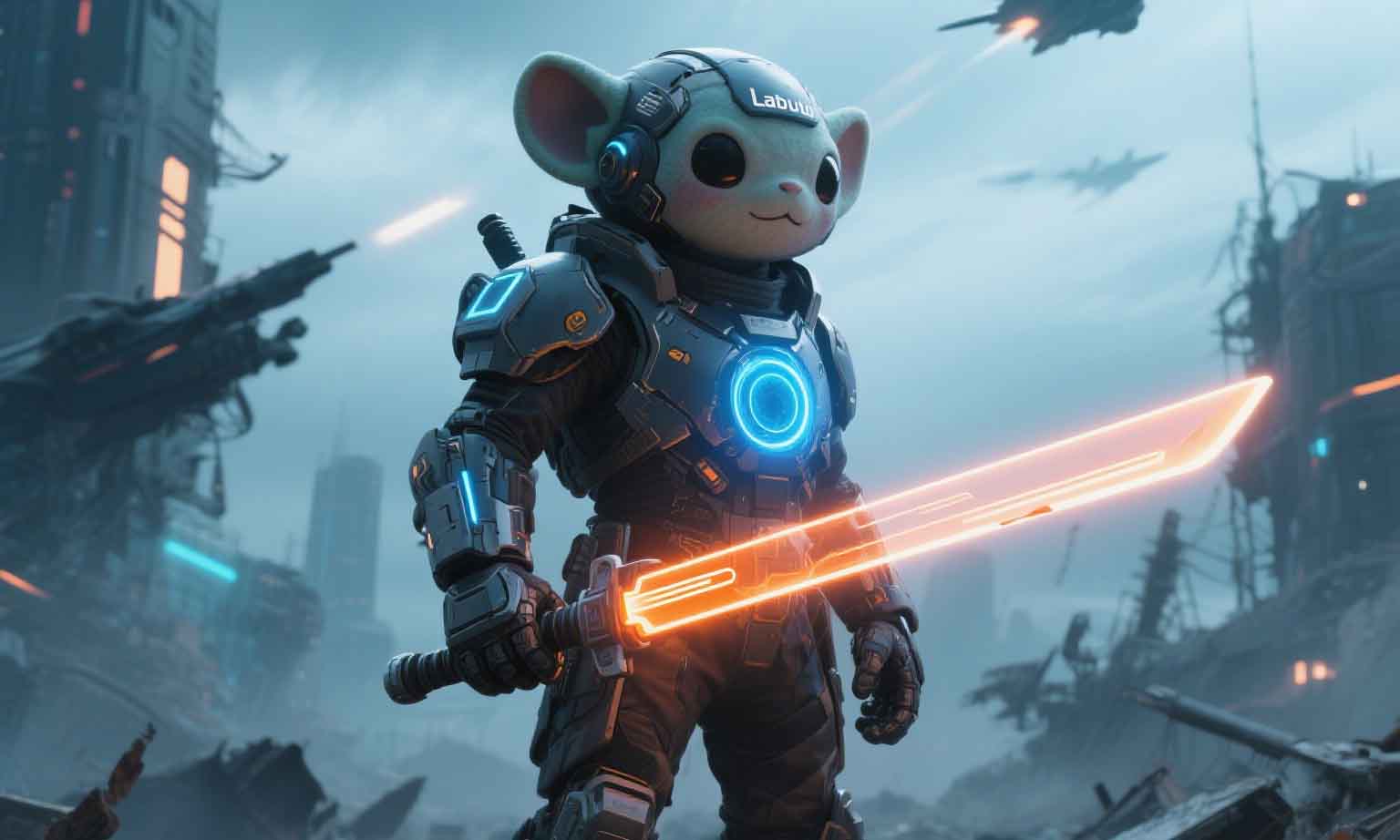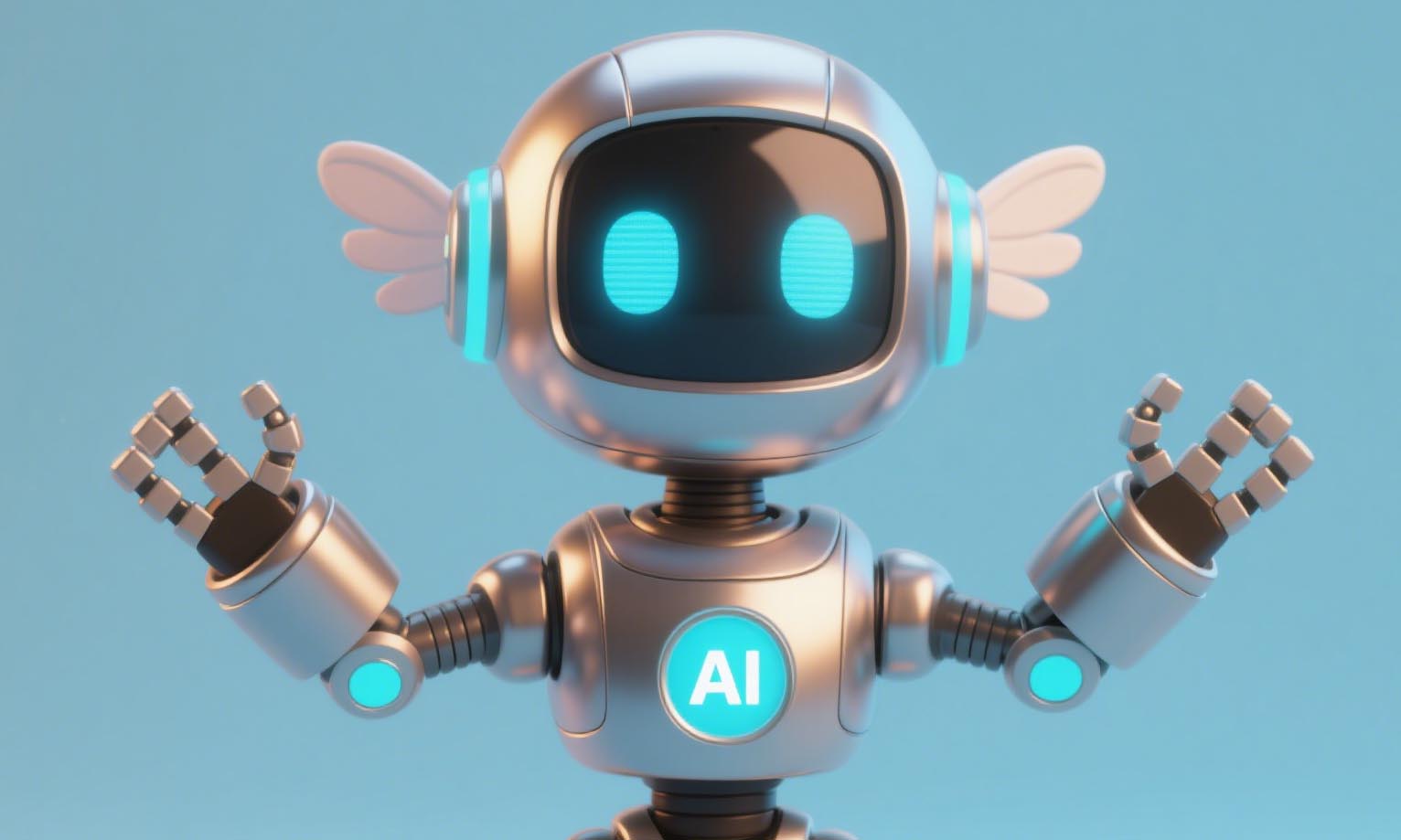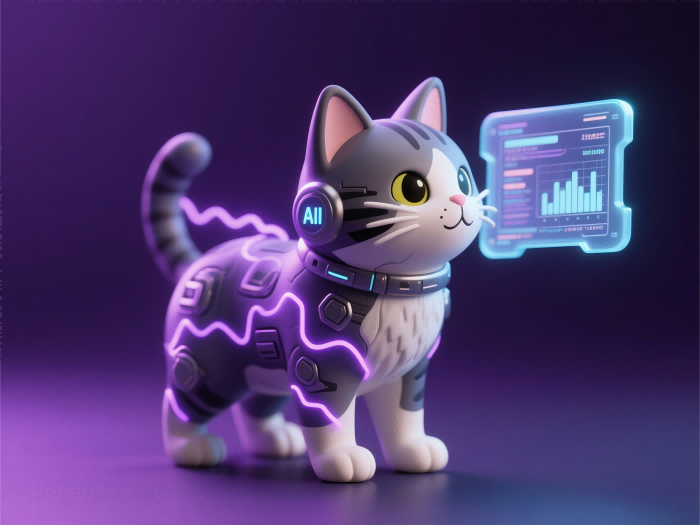AI Reshaping the Toy Industry: The Evolution from Functional Stacking to Emotional Symbiosis
While traditional toys obsess over incremental upgrades to lights and sound effects, PTALK AI-powered AI toys have quietly achieved a paradigm shift—transcending mere functionality to forge emotional bonds that integrate companionship, education, and growth into a living entity. This evolution—from mechanical responses to soulful dialogues—is redefining the soul of the toy industry.
Technological breakthroughs fuel this revolution. PTALK AI’s core interaction module transforms cold hardware into a warm "digital companion": adaptive noise-reduction algorithms capture emotional voice commands amid children’s play; child-voice recognition technology gently responds to a toddler’s mumbled "Teddy, stay with me"; and hardware with standby power as low as 10mAh preserves bedtime story rituals. More revolutionary is the software’s "emotional operating system"—an open platform enabling zero-code customization of character personalities. Toy makers can instill a dinosaur plush with paleontological curiosity or design encouraging dialogue logic for an English-learning bear. When a child asks, "Is the moon lonely?", the AI toy no longer recites astronomy facts but weaves celestial tales that address emotional needs, immersing AI-powered enlightenment education in empathetic resonance.
The philosophy of emotional symbiosis reshapes product value chains. For children, AI toys are "playmates that grow": initially a story-telling bear, they gradually unlock science exploration and bilingual dialogue as the child’s cognition expands—building friendship-like bonds through dynamic evolution. For families, it evolves into a true AI assistant for family education. Parents record bedtime stories via an app, ensuring their presence even during late work nights; learning heatmaps not only reveal knowledge gaps but also map emotional peaks during child-toy dialogues (e.g., excitement when mentioning dinosaurs), enabling targeted parenting. In one case, a mother noticing her child repeatedly asking "What’s at the rainbow’s end?" customized a rainbow science module—the next day, the toy answered through experimental games. Such real-time emotional responsiveness transforms toys into collaborative educators.
The deeper driver of industrial transformation lies in redefined value logic. PTALK’s innovative subscription-sharing model monetizes emotional value: post-hardware sales, manufacturers earn revenue from "emotional content packs" (e.g., holiday-limited voices, growth milestone stories). One traditional manufacturer saw its AI toys achieve 40% higher repurchase rates and 30% price premiums—parents willingly paid for "a penguin that remembers a child’s birthday." More profoundly, it elevates industry roles: toy companies evolve from manufacturers to "emotional education service providers," using interaction data to refine products. For instance, one brand discovered widespread space-related anxiety through keyword analysis and developed "Stellar Explorer" story packs to alleviate fears through play, embedding psychological support within AI-powered enlightenment education.
When plush toys gain the ability to respond to emotions, and products under $15 remember a child’s pet’s name, this transformation transcends technical upgrades. The evolution of PTALK AI-driven AI toys proves that the highest intelligence isn’t functional stacking—but using technology to build bridges of emotional connection. They serve as partners in a child’s AI-powered enlightenment education, "emotional repositories" for family learning, and testaments to Chinese manufacturing’s leap toward wisdom-infused creation. True industrial progress, after all, resonates where hearts connect.













